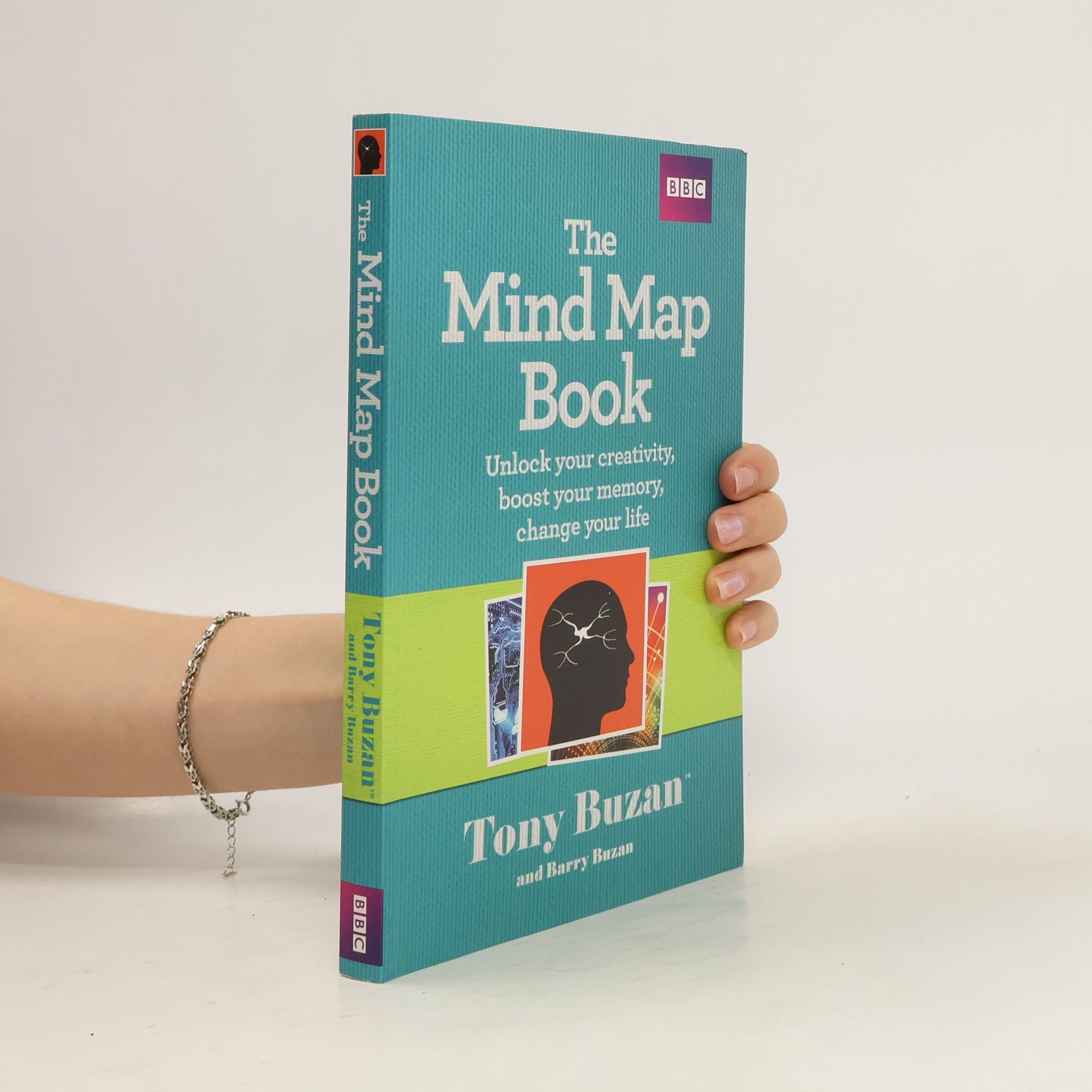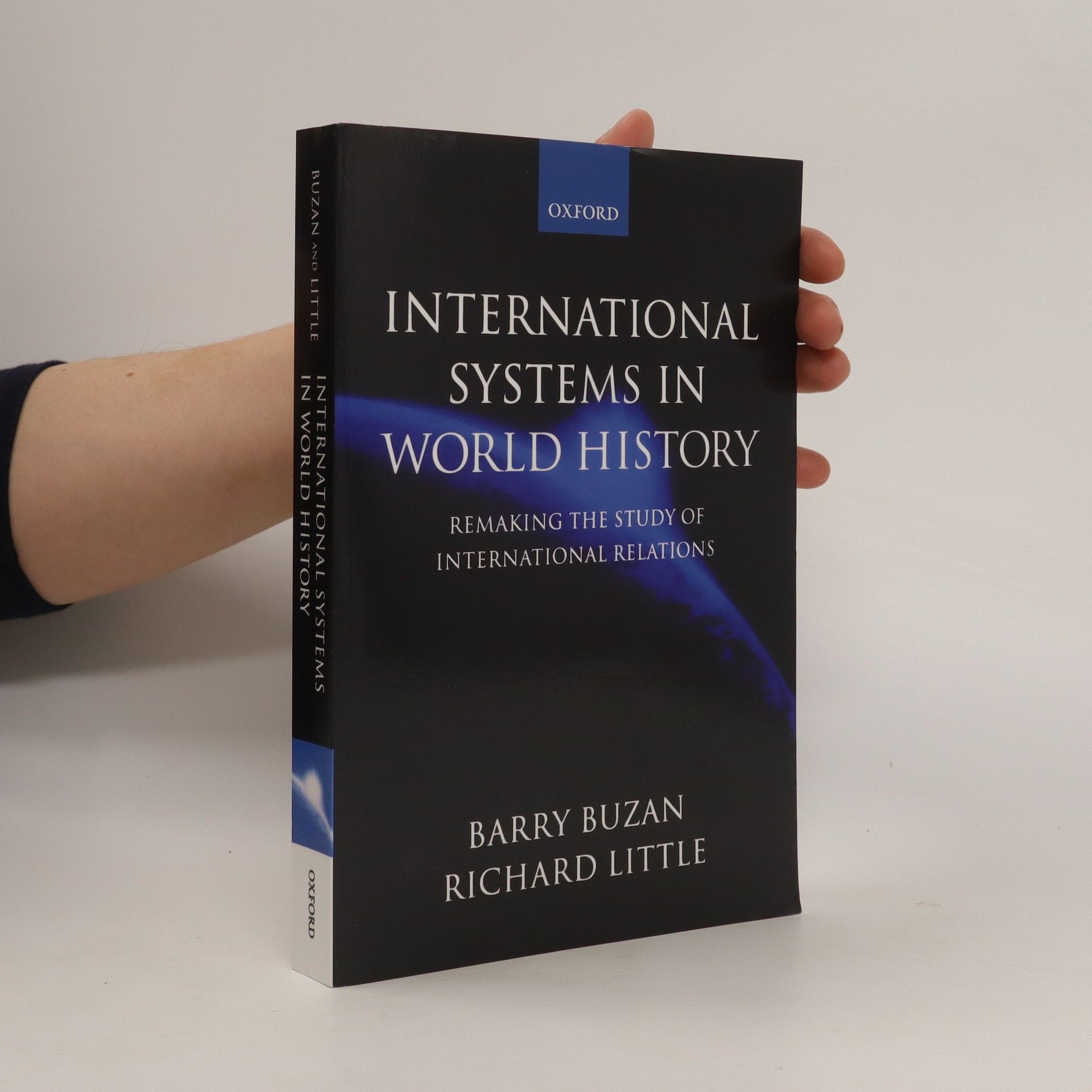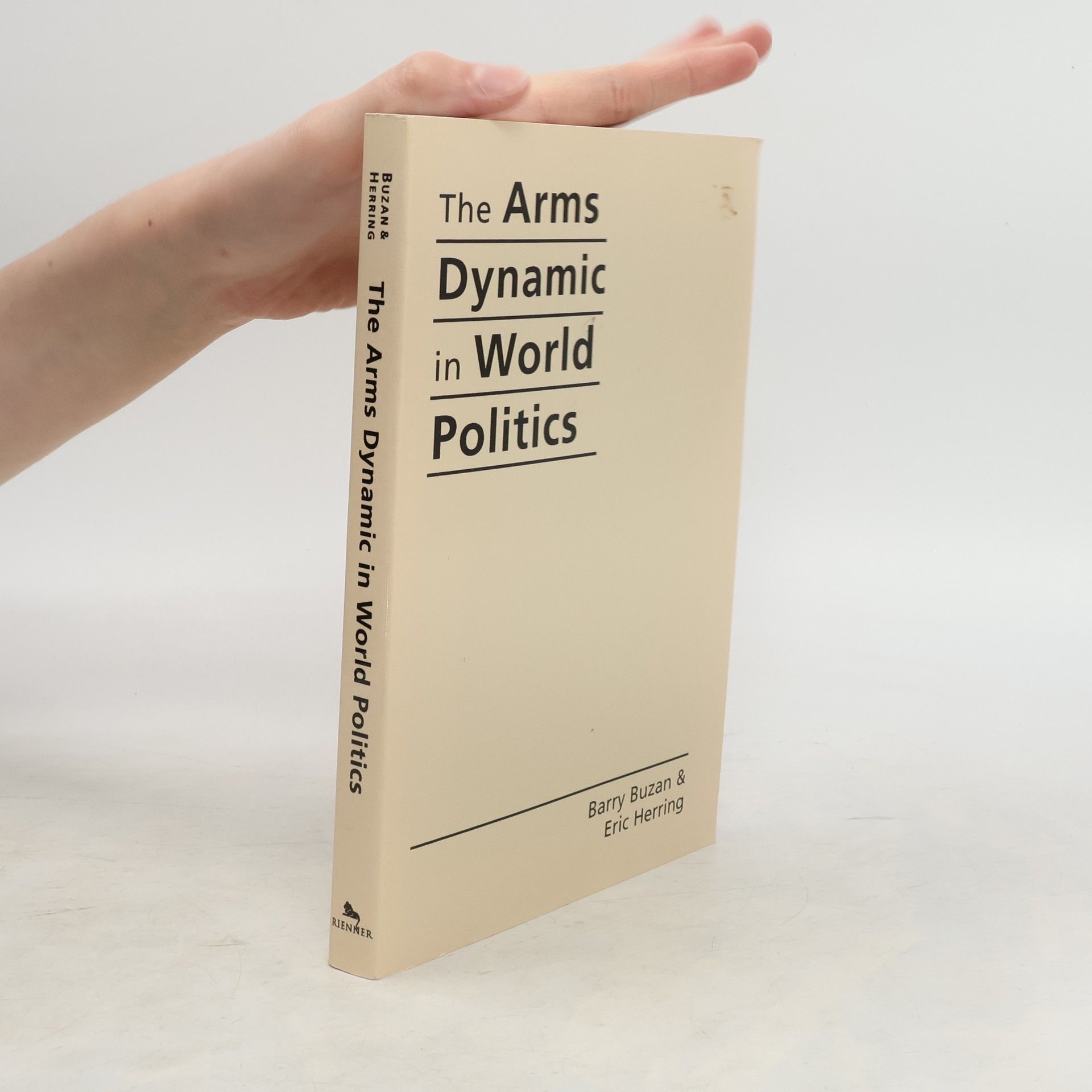Aimed at readers interested in constructing a less West-centric, more global discipline of International Relations, this book provides a concise, thorough introduction to the thought and practice of international relations from premodern India, China and the Islamic world, and how it relates to modern IR.
Barry Buzan Livres




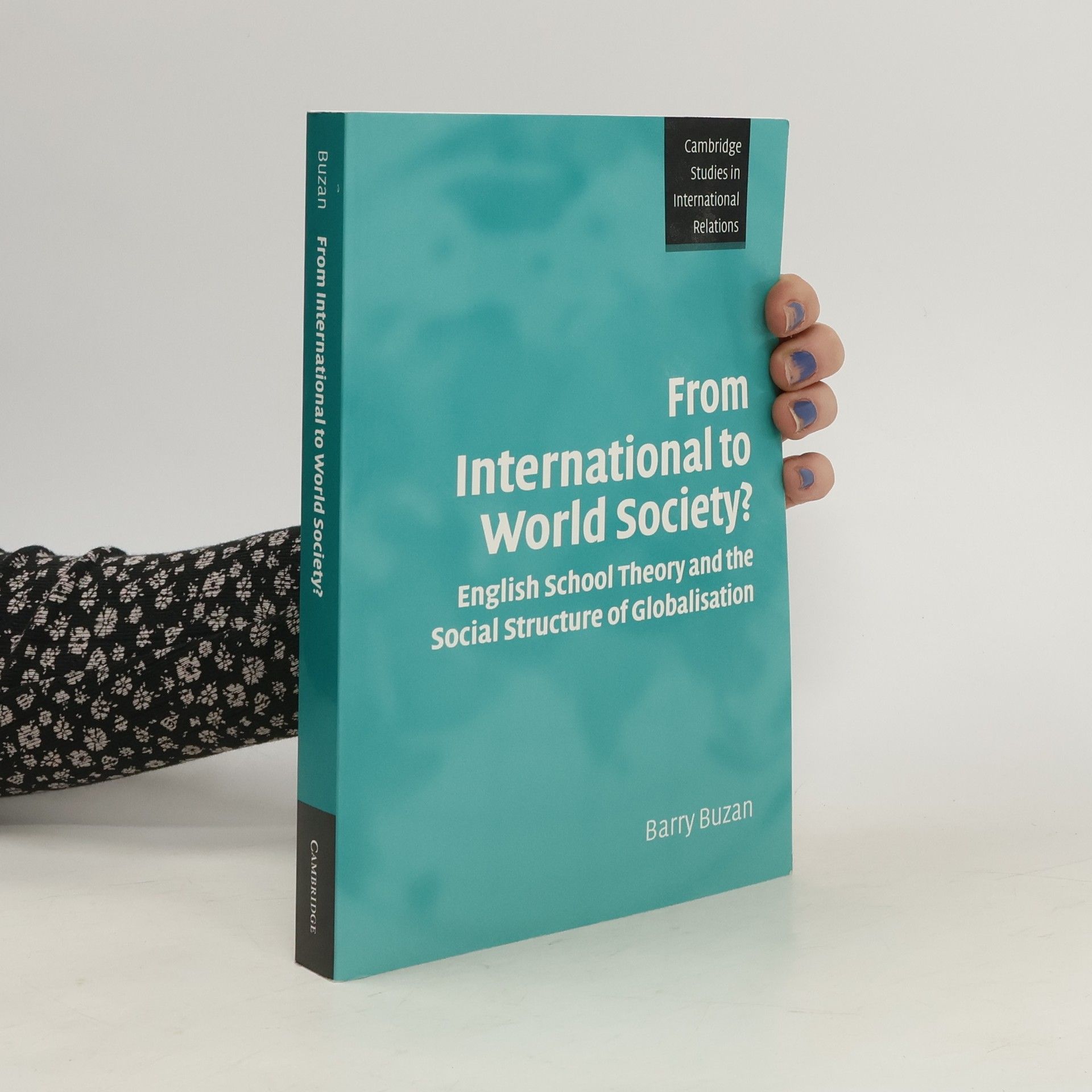
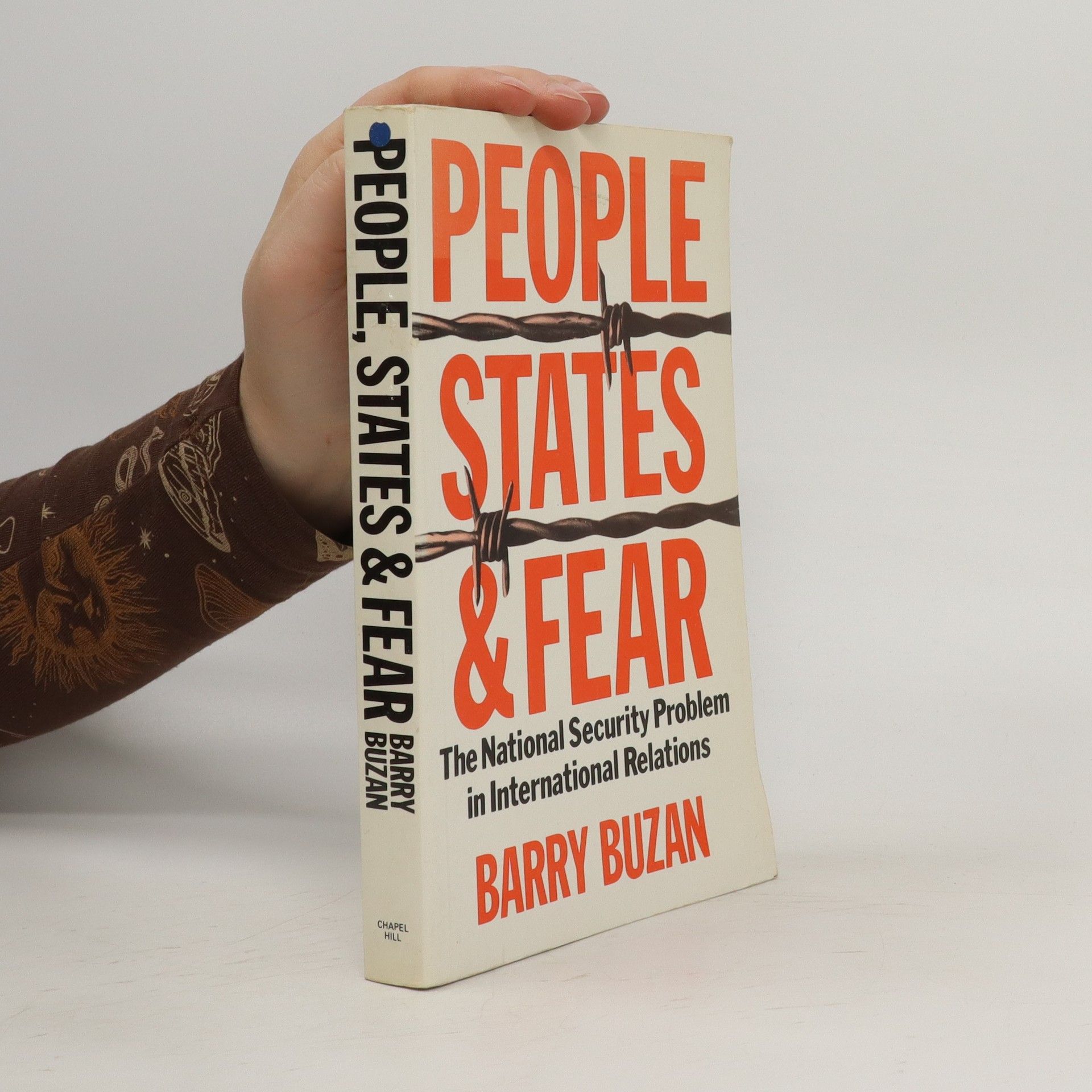

La 4ème de couverture indique : ""This is the first systematic and in-depth examination of the concept of national security, and of the implications of the security dilemma. It is a searching analysis, rooted in a thorough grounding of the international theory and strategic studies, literatures, and in the author's compelling logic. This innovative study should help considerably in reintegrating strategic studies - which have become too highly technical - into the mainstream of theorizing in international relations. The volume should be required reading for all those interested in the problems of national security and arms control in an international system characterized by endemic conflict and the ever-present threat of nuclear war."--K.J. Holsti, University of British Columbia. "Very well written and well researched. There is much that is new and interesting in this book. The author's concern for what is changing and evolving in the domain of international politics is particularly valuable ... He shows how the conceptual outlooks of the power-politics `realist' and the anti-power-politics `idealist' can miss some of what is growing and shifting and changing in the international arena. The book will be very valuable to students and lay readers simply for the amount of ground it covers." - George H. Quester, University of Maryland."
From International to World Society?
English School Theory and the Social Structure of Globalisation
- 320pages
- 12 heures de lecture
The 2004 publication presents a critical examination and reworking of English school theory, proposing a novel theoretical framework. It delves into the complexities of international relations, challenging established ideas and introducing innovative concepts to enhance understanding of global interactions. The book aims to stimulate academic discourse and provide fresh perspectives on the dynamics of states and societies in the international arena.
Regions and Powers
- 596pages
- 21 heures de lecture
Asserting that regional patterns of security are increasingly important in international politics, this study presents a detailed account of relations between global powers. It emphasizes their relationship with the regional security complexes which make up the contemporary international system. The book analyzes Africa, the Balkans, Eastern and Western Europe, East Asia, the Middle East, North America and South Asia, tracing the history of each region through the present.
People, States and Fear. An Agenda for International Security Studies in the Post-cold War Era
- 311pages
- 11 heures de lecture
The second edition of this widely acclaimed book takes as its main theme the question of how states and societies pursue freedom from threat in an environment in which competitive relations are inescapable across the political, economic, military, societal and environmental landscapes. Throughout, attention is placed on the interplay of threats and vulnerabilities, the policy consequences of overemphasizing one or the other, and the existence of contradictions within and between ideas about security. Barry Buzan argues that the concept of security is a versatile, penetrating and useful way to approach the study of international relations. Security provides an analytical framework which stands between the extremes of power and peace, incorporates most of their insights and adds more of its own.
Security : a new framework for analysis
- 239pages
- 9 heures de lecture
Sets out a comprehensive framework of analysis for security studies, examining the distinctive character and dynamics of security in five sectors: military, political, economic, environmental, and societal. It rejects traditionalists' case for restricting security in one sector, arguing that security is a particular type of politics applicable to a wide range of issues, and offers a constructivist operational method for distinguishing the process of securitization from that of politicization. Annotation copyrighted by Book News, Inc., Portland, OR
The Mind Map Book
- 269pages
- 10 heures de lecture
A key goal of most of us is to increase our ability to learn, remember and record or store information. The Mind Map Book shows how to accomplish this using a range of techniques developed by Tony Buzan
The potential of the human mind is absolutely phenomenal, and Tony Buzan is one of the world's leading experts on how people can maximize their brainpower. Now, in his most comprehensive book yet on the topic, Buzan reveals exciting new ways to improve one's memory, concentration, creativity, ability to learn, and more.
International systems in world history : remaking the study of international relations
- 472pages
- 17 heures de lecture
'This is an outstandingly good book, which succeeds on many different levels.The book is exceptionally well structured and well written. There is so much in this book for so many types of scholars of International Relations. I am certain that this book will be seen over time not only as one of the most intellectually impressive mergers of theory and history in the field, but also as a massive advance on US-style neo-realism. I thoroughly enjoyed reading this book, not least because I became fascinated with the argument, and found myself nodding in admiration as the authors pulled off the feat of bringing all the elements together into a powerful and intellectually impressive discussion of the types of international system found in world history. This is one of the most important books published in the last decade and for intellectual sophistication it leave neo-realism US-style standing, but also drowning.' International Affairs 76:4 (2000) 833-4.This book tells the story of mankinds evolution from a scattering of hunter-gatherer bands to todays integrated global international political economy. It outlines the concept of international systems as a useful framework for all those interested in a big picture understanding of the evolution of human society from earliest times to the present.
Presented as a successor to the Cold War era book An Introduction to Strategic Studies, this volume explores issues of military security through a framework that links the issues of technology and world politics. Arguing that the technological aspect of the global strategic environment is partway through a centuries- long process of transformation sped up by the advent of the information age, the authors examine such issues as different levels of industrial development on security, what they argue is the relative infrequency of the use of force between states, the use of military threats such as mass destruction, concepts that military means create problems in themselves such as fear of war and insecurity, and finally, ways in which regulatory schemes such as disarmament can be put to use to solve some of those problems. Paper edition (unseen) $22.50. Annotation copyrighted by Book News, Inc., Portland, OR

